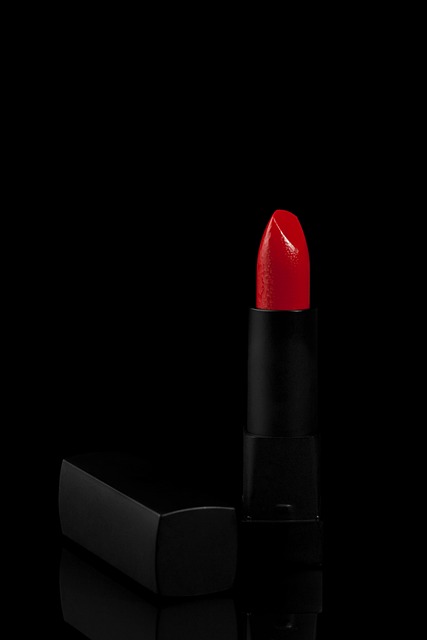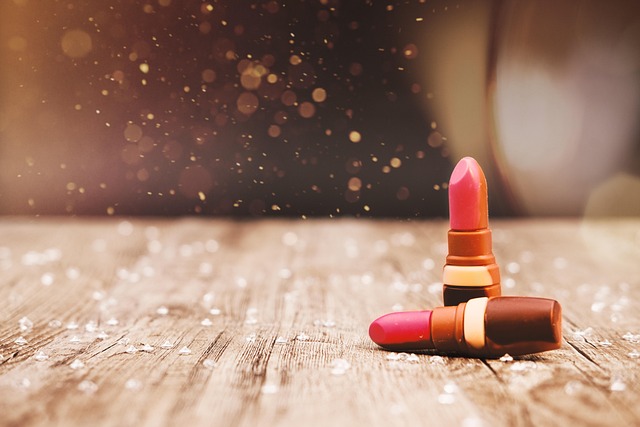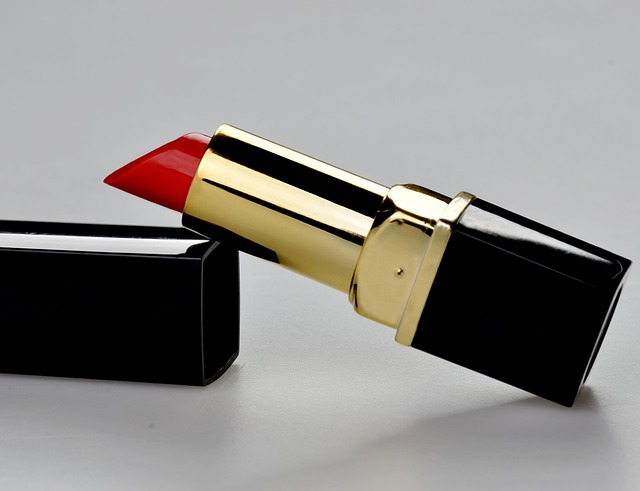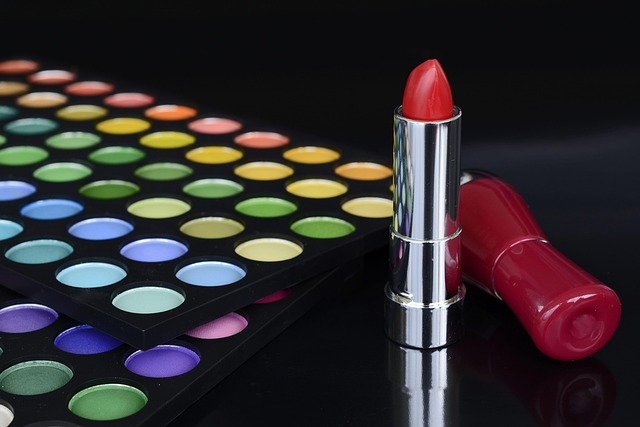Nude lipsticks, popular for their natural look, are complex blends of waxes, oils, and pigments, with modern formulations prioritizing safety over historical concerns like lead. Consumers should read labels, research brands, and choose transparent products to avoid hidden harmful substances like parabens, synthetic dyes, and heavy metals. Regulatory bodies like the FDA ensure product safety through strict testing, while natural alternatives formulated with plant-based ingredients gain popularity for their ethical and cruelty-free benefits.
Unveiling the secrets hidden within your favorite beauty product, this article delves into the intricate composition of lipstick. From vibrant hues to everyday neutrals, we explore the chemical components that define its texture and longevity, with a special focus on the ubiquitous nude lipstick. Uncovering potential health concerns associated with these chemicals, we also highlight regulatory measures ensuring safety standards in the cosmetic industry. Additionally, discover natural alternatives and their benefits for those seeking a chemical-free approach to beauty.
- The Composition of Lipstick: Unveiling the Ingredients
- Nude Lipstick: A Popular Choice and Its Chemical Components
- Potential Health Concerns Associated with Lipstick Chemicals
- Regulatory Measures and Safety Standards for Cosmetic Chemicals
- Natural Alternatives and Their Benefits: Going Chemical-Free with Lipstick
The Composition of Lipstick: Unveiling the Ingredients

Lipstick, a staple in many makeup kits, is more than just a vibrant or nude shade—it’s a complex blend of ingredients designed to enhance and protect the lips. The composition of lipstick varies widely depending on the desired effect, from moisturizing to matte finishes. Common components include waxes like carnauba and beeswax, which provide structure and texture; oils such as jojoba and coconut oil, that offer hydration; and pigments for color, ranging from natural minerals to synthetic dyes. For a nude lipstick, subtle shades of cerium, kaolin, and various silicas are often used to create a natural, flawless look without overpowering the lips’ natural tone.
While many modern lipsticks boast safe and natural ingredients, historical formulations have included chemicals that raise concerns, such as lead and formaldehyde. Fortunately, today’s cosmetic industry is highly regulated, ensuring products like nude lipsticks are safer. Consumers can further ensure their well-being by reading labels, researching brands, and opting for those transparent about their ingredient lists—a crucial step in navigating the vast array of options available in the market.
Nude Lipstick: A Popular Choice and Its Chemical Components

Nude lipstick, a popular choice among many, is more than just a shade; it’s a statement of subtle elegance and timeless beauty. This versatile hue has become a staple in countless makeup kits, from everyday looks to professional appearances. Beyond its aesthetic appeal, understanding the chemical components that make up nude lipstick offers valuable insights into its performance and potential impacts on skin health.
The formula for nude lipstick typically includes a blend of emollients, pigments, and various chemicals designed to enhance comfort, color payoff, and longevity. Common emollients like beeswax, carnauba wax, and shea butter contribute to the creamy texture and moisturizing properties, ensuring lips remain hydrated throughout the day. Pigments such as iron oxides and titanium dioxide provide the subtle shades that range from soft pinks to beige tones. Additionally, chemicals like lanolin and vitamin E are often added for their conditioning benefits, further enhancing the lipstick’s ability to protect and nurture lip tissue.
Potential Health Concerns Associated with Lipstick Chemicals

Lipstick, a staple in many women’s daily routines, often contains a variety of chemicals that can raise concerns about their potential health effects, especially when worn close to the lips and ingested accidentally through kissing or eating. While cosmetic companies argue that these products are safe when used as directed, certain chemicals in lipstick have sparked debates. One popular trend currently is wearing nude lipsticks, which might lead consumers to assume they are safer due to their natural appearance. However, many of these shades still contain potentially harmful substances like parabens, synthetic dyes, and fragrances, which can cause irritation or allergic reactions.
Additionally, heavy metal contaminants such as lead, cadmium, and aluminum have been detected in some lipsticks, raising red flags about long-term exposure through frequent application. These metals are not listed on the ingredient list, further complicating consumer awareness. The absence of proper regulation for cosmetic safety standards exacerbates these concerns, leaving it to individual consumers to research and make informed decisions about the products they put on their skin and lips.
Regulatory Measures and Safety Standards for Cosmetic Chemicals

In the world of cosmetics, ensuring product safety is paramount. Regulatory bodies worldwide have established stringent measures to safeguard consumers from potential hazards associated with ingredients in makeup, including lipstick. These standards are particularly crucial when it comes to nude lipsticks, which are popular for their versatile shades and everyday wear appeal.
The safety of cosmetic chemicals is primarily overseen by organizations like the FDA (Food and Drug Administration) in the US and similar entities globally. These regulatory bodies strictly regulate the use of ingredients, demanding rigorous testing and evaluation before a product hits the market. For lipstick manufacturers, this means adhering to strict guidelines for chemical composition, including limits on certain compounds. This is especially important when it comes to ingredients that may be absorbed through the skin, as even subtle traces of certain chemicals in nude lipsticks could have potential health implications over time.
Natural Alternatives and Their Benefits: Going Chemical-Free with Lipstick

Many modern lipsticks contain a range of chemicals that can cause concern for health-conscious consumers. Fortunately, there are natural alternatives on the market that offer similar benefits without the potential risks. These natural options often use plant-based ingredients and essential oils to provide moisture, protect lips, and even enhance their natural color.
One popular trend in the chemical-free makeup space is nude lipstick, which can be crafted from shea butter, beeswax, and various essential oils. This approach not only avoids harmful chemicals but also offers a range of benefits, such as improved hydration, reduced irritation, and a more organic, healthy look. Additionally, these natural lipsticks are often cruelty-free and vegan, making them attractive to consumers with ethical concerns.
Lipstick, a staple in many daily routines, is composed of various chemicals that can vary greatly depending on the shade and style. While nude lipsticks are widely popular for their versatility, it’s important to be aware of the chemical components within them, as some may pose potential health risks. Understanding the composition of lipstick and embracing natural alternatives offer a safer and more conscious approach to beauty. By choosing products with minimal chemicals, consumers can reduce potential dangers while still enjoying the enhancement their favorite makeup provides.
